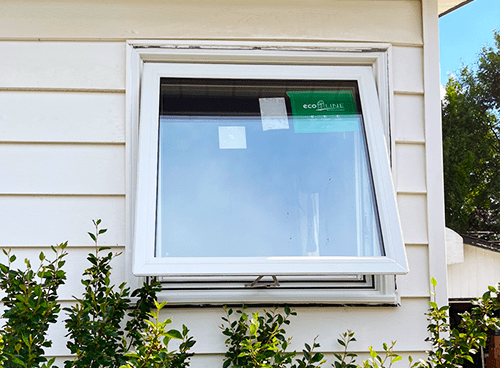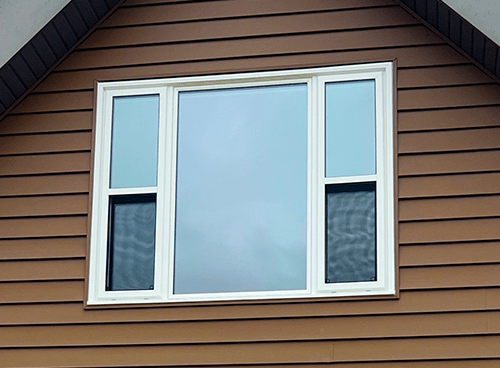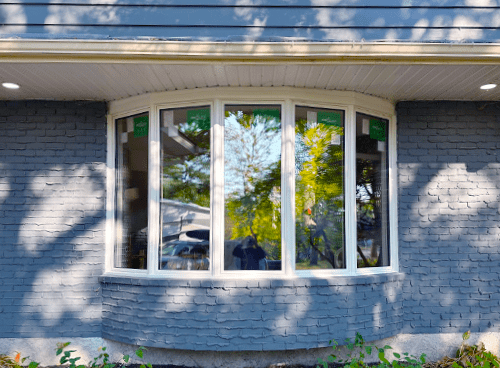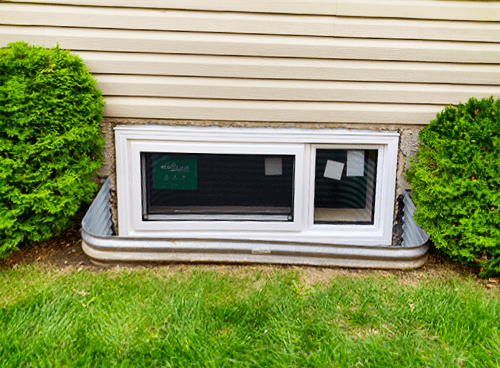

Slider Windows in Winnipeg: Top Reasons to Install in 2024
Nov 18, 2015
Dec 10, 2024
8 min read
165
Are slider windows energy-efficient enough for the Manitoba climate? Well, yes..Although sliding windows aren’t as efficient as casement style windows, they can still provide acceptable levels of performance in your home. As long as you get them from the right window company in Winnipeg.
So how can you tell the difference? We’ll explain and break it down further in this post. But first, here are the three things you need to know about slider windows:
- Although slider windows aren’t as efficient as casements, they can still provide acceptable levels of comfort and performance for a fraction of the cost.
- The main performance difference between the two types of windows is that slider windows use weather stripping, and casement windows rely on compression seals. When closed, windows with compression seals make an airtight unit are more efficient.
- When comparing slider windows you should consider BOTH, their heat loss conductivity (U-Factor) and energy rating (ER) for a true sense of how the window performs.
Casement vs. Sliding Windows: What’s the Difference?
As we mentioned above, the difference between compression seals and weather stripping is one of the biggest reasons for why slider don’t perform as well as casement windows in Winnipeg.
But if we break down the pros and cons, the difference won’t be that appalling since modern sliders are manufactured with local climate in mind, meaning they are energy-efficient enough to be installed in Manitoba homes.
Casement Windows
- Pros:
- Excellent energy efficiency due to tight seal
- Great ventilation, fully opens outward
- Works well in areas with high winds
- Cons:
- Higher cost than sliders
- Requires outdoor space to open fully
- More frequent maintenance for hardware
Slider Windows
- Pros:
- Cost-effective choice, especially for larger window installations
- Easy to operate and clean
- Durable and functional, well-suited for any home type
- Cons:
- Lower energy efficiency compared to casements
- Limited ventilation, only opens halfway
- May require track cleaning
What are End-Vent Sliding Windows?
When looking at slider windows, you may come across windows where the sash turns in, in a similar way it does in casement windows. Although this feature makes the windows look more modern and practical, its purpose is for cleaning and maintenance only. The sash in slider windows can turn at a 90-degree angle into your house. This allows for cleaning of the outer side of the window from the inside of the house.
You shouldn’t keep the sash in a turned-in position as the weight of the sash can cause stress on the frame resulting in deformation or even breakage. This is especially crucial in triple pane slider windows because their sashes are much heavier.
When cleaning the sash, it is advisable to hold it at the bottom, so that the weight of the moving component doesn’t put stress on the frame.
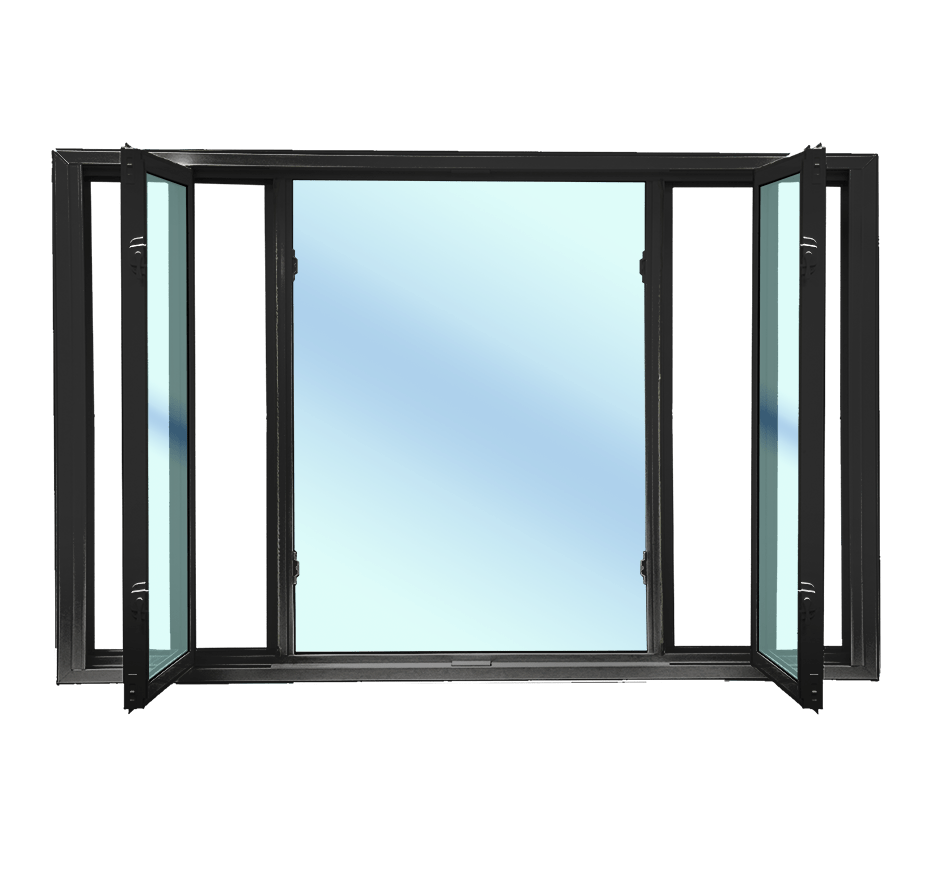
How To Choose The Best Sliding Window in Winnipeg?
Regardless of the window company, style, or purpose, any windows you get for your home should meet ENERGY STAR requirements.
As of January 2020, homeowners no longer have to consider a Climate zone when shopping for windows that are ENERGY STAR® certified in a particular area. A product in Canada is either ENERGY STAR® certified or not, with a single standard applied nationwide.
But keep in mind that if you want to purchase new energy-efficient windows in Winnipeg, you should only consider models with a minimum ER (energy rating) of 34 to ensure that these windows meet the Canadian government fenestration standards.

What are energy ratings for sliding windows?
ER Ratings are a value given to windows, based on a calculation of different performance factors. These include the U-Factor and Solar Heat Gains. The ER rating has been devised specifically to make it easier for consumers to understand and compare window performance from different manufacturers.

- U-Factor is a calculation of how conductive a window is, how it is affected by convection heat loss and the emissivity of the glass in the panes. At the very basic level, the lower the U-factor, the better your window is at keeping heat inside the home.
- SHGC: The Solar Heat Gain Coefficient measures how much heat from the sun a window gains. Although ideally, you want as much heat from the sun in the winter months, most modern windows with high SHGC end up overheating the home. High SHGC factors are great for windows that see very little direct sunlight and can maximize energy gains in those places. The lower SHGC, the less heat from the sun your windows let through.
ER Ratings or U-Factor: What’s better for comparing windows?
Both of these values play an important role in determining whether any window is efficient enough for your local area. But which is a better representation?
- A window’s ER number can be significantly improved by higher SHGC factors.
- U-Factor on the other hand measures how resistant the window is to losing heat.
An ER number is a more encompassing measure of how a window “transfers” energy. The more heat it gains rather than loses, the more efficient a window is considered. Therefore, it is always important to look at the SHGC number to see how it plays into the window rating.
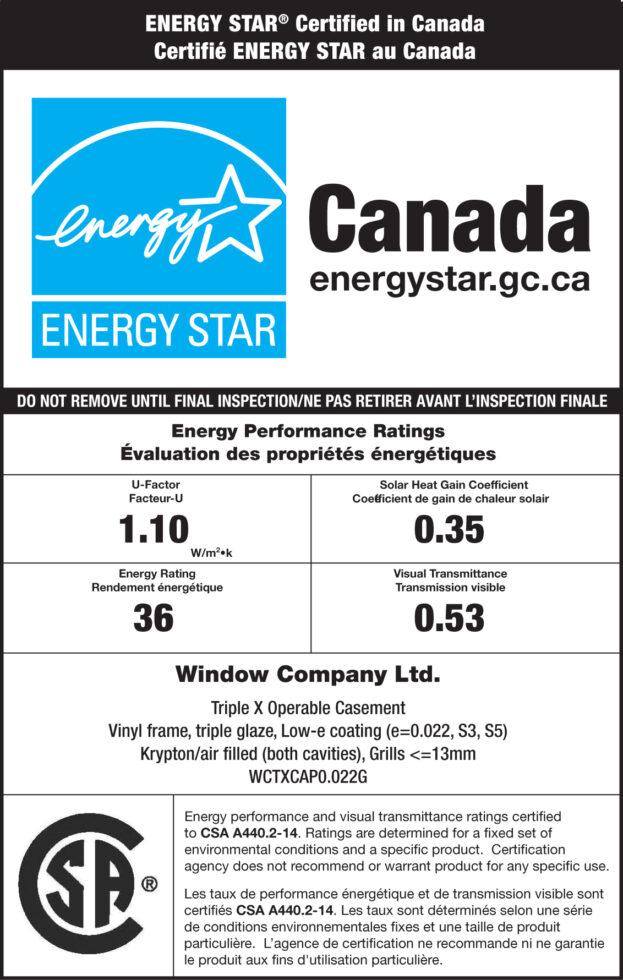
The U-Factor on the other hand assesses a window’s resistance to heat loss. This is especially important to consider in Canada as we often have longer nights in the winter where it is essential for a home to retain as much of its heat as possible.
A high ER number may just mean a window gains a lot of energy from the sun. A low U-factor will mean that a window is great at keeping the warm air in.
When comparing performance ratings from top Winnipeg window companies, you can use Natural Resources Canada website to analyse a full list of Energy Star approved companies and all their windows and doors energy ratings to understand whether their products match your expectations in terms of energy-efficiency for your house.
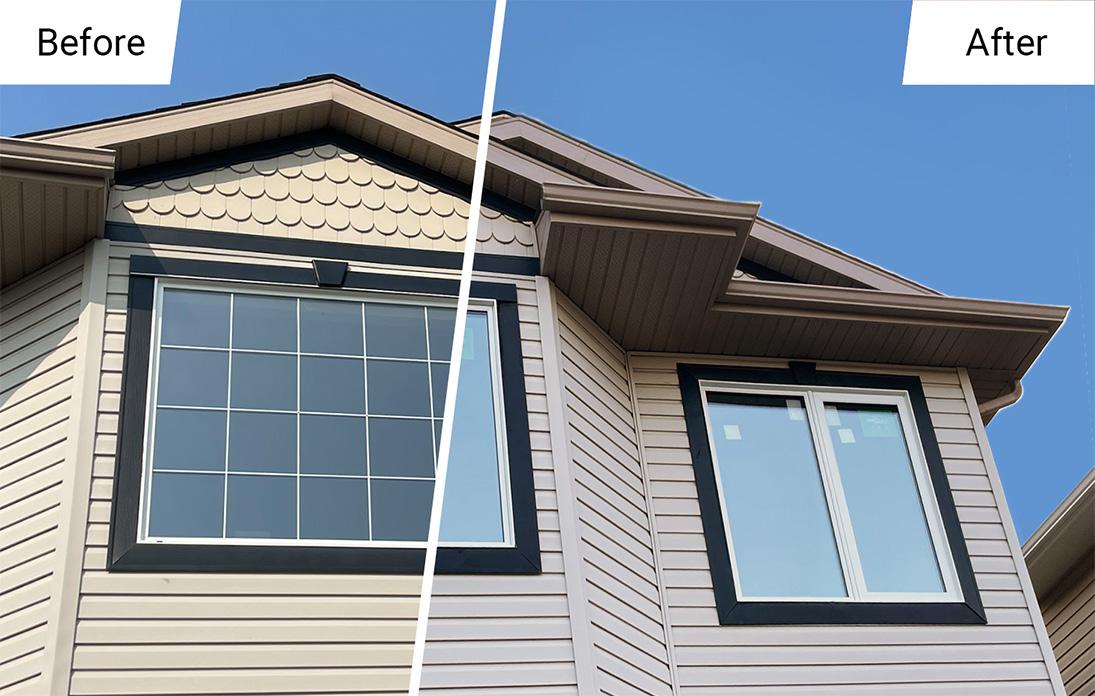
You will probably notice right away, that some of your local companies can’t provide any information available for their slider windows. This information is also not listed under the company’s registry on the NRCan website. This could mean one of two things: either slider windows from that company are not Energy Star rated, or the company gets their slider windows from elsewhere.
If you are considering slider windows for your replacement project, make sure that the ones you get have the energy rating of at least 34 since this is the bare minimum for windows to be considered energy-efficient today and qualify for the government rebates in Canada.
When shopping for new sliding windows or any other window model, Ecoline’s expert team in Winnipeg is ready to help you transform your home. Contact us today to get a free quote and apply for up to $3750 grant for windows, doors or patio doors!
F.A.Q
Are slider windows energy efficient enough for Winnipeg, MB?
Yes, slider windows can meet energy efficiency standards in Manitoba, especially when equipped with triple-pane glass and Low-E coatings. Look for models with a low U-factor and an ER of 34 or higher to ensure they can withstand local harsh winters.
How to compare slider window performance?
Check the U-factor, which measures heat loss, and the ER rating, which balances heat loss and solar gain. Windows with a lower U-factor and higher ER rating provide better energy efficiency.
What is better casement or slider windows?
Casement windows come with a better insulation due to compression seals, whereas slider windows are more affordable but less efficient. Both are suitable for Winnipeg local climate, but casements outperform sliders in energy efficiency yet come with a higher price tag.
Are there any common problems with slider windows?
Slider windows may experience wear on their tracks and seals, causing poor operation and some energy loss. Regular maintenance, such as cleaning tracks and lubricating, can prolong their efficiency.
More recommendations from our:
- Awning Windows in Winnipeg: All You Need to Know Before Installation
- Slider Windows in Winnipeg: Top Reasons to Install in 2024
- Egress Windows Size Requirements: Pro Tips Before Installation
- Full Frame or Retrofit: Window Installation in Winnipeg
- Winnipeg Windows: Should You Get Double or Triple Pane







